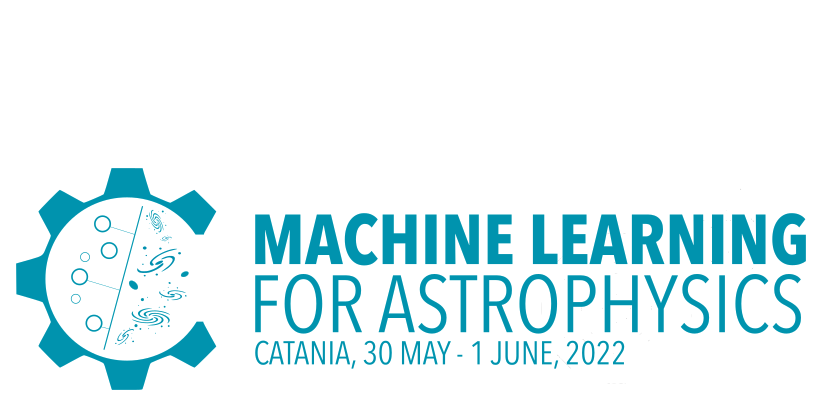Speaker
Description
The latest advances in deep learning techniques have provided new effective prediction models that allow forecasting in detail the evolution of cosmogeophysical time series such as the solar activity, which is also crucial to anticipate potentially adverse space weather effects on the Earth’s environment.
Because of the underlying complexity of the quasi-periodic solar dynamo mechanism, the predictions offered by state-of-the-art machine learning algorithms represent valuable supplementary tools for our understanding of the solar cycle progression. As a plus, Bayesian deep learning is particularly compelling due to recent advances in the field that provide improvements in both accuracy and uncertainty quantification compared to standard training.
In this work, a deep learning long short-term memory model is applied to the monthly sunspot number series to predict the Solar Cycle 25. Moreover, an accurate uncertainty estimation of the predicted sunspot number is obtained by applying a unique Bayesian approach.
The performance of the applied algorithm was assessed through two different validation techniques, namely the Train-Test split and the time-series k-fold Cross-Validation, which gave compatible results, thus demonstrating the robustness of the method as the length of training and test data changes.
We show the forecasted complete profile of Solar Cycle 25 and discuss the obtained values of phase and amplitude in the frame of the actual estimates available in literature.
| Main Topic | Deep learning |
|---|---|
| Secondary Topic | Time series analysis, transients |
| Participation mode | In person |

